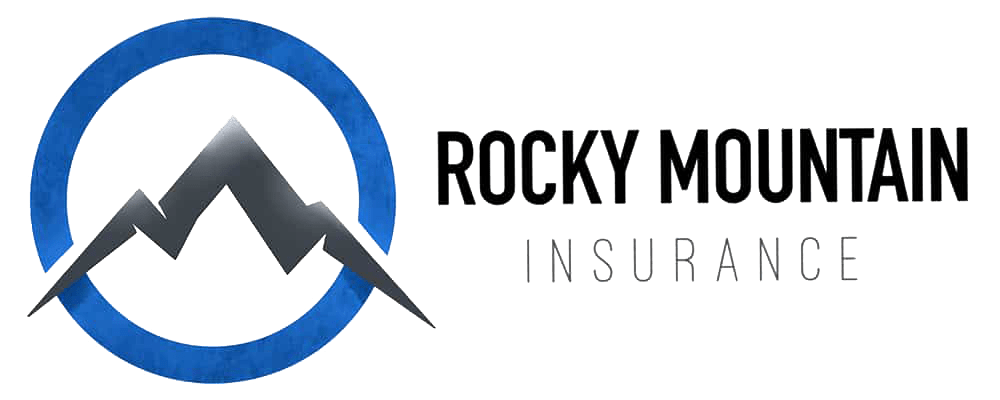Short-Term Disability Coverage Vs. Long-Term Disability Coverage
Posted: June 13, 2020

Short-term disability and long-term disability are both designed to protect your income in case you are unable to work. However, there are differences in the two types of coverage. Many people elect to have both short-term disability and long-term disability insurance policies. What Is Short-Term Disability Insurance? Short-term disability (STD) policies pay benefits for shorter time periods, after a brief waiting (elimination) period, which is...
Should I Offer My Employees Critical Illness Insurance?
Posted: May 28, 2020

Critical illness insurance is designed to compensate policyholders in a lump payment if they are diagnosed with a range of illnesses as listed in the policy. These policies can also be structured to make a series of payments based on the policyholder’s condition and ongoing medical treatments. Also known as catastrophic illness insurance, it covers major health emergencies, such as heart attack, cancer, or stroke....
What Are The Minimum & Maximum I Can Contribute To My 401(k) Each Year?
Posted: May 13, 2020

There is no minimum amount you are required to contribute to your 401(k). However, there are suggested amounts to help maximize your retirement potential. There is a maximum amount you are allowed to contribute to a 401(k) annually, as established under federal law. What Are the Suggested Amounts for 401(k) Contributions? By the time you reach age 35, some financial experts say you should have...
My 401(k) Is "Frozen" — What Does This Mean & Why Did It Happen?
Posted: April 28, 2020

The decision to freeze a 401(k) is made by company management. This often occurs after a merger, while the new company decides what to do with its inherited 401(k) plan. If your 401(k) has been frozen, you won’t be able to make any withdrawals or make any new contributions as long as the freeze continues. In most cases, you can move assets from one investment...
Will My HSA Expire If I Stop Contributing To It?
Posted: April 13, 2020

A health savings account (HSA) is designed to stay with you for life, but you could lose it if you don’t use it. The following is information you may not know about your HSA, including how to keep it if you have stopped using it. What Is An HSA? HSAs were created to make medical expenses more affordable. They allow people with high-deductible health plans...


